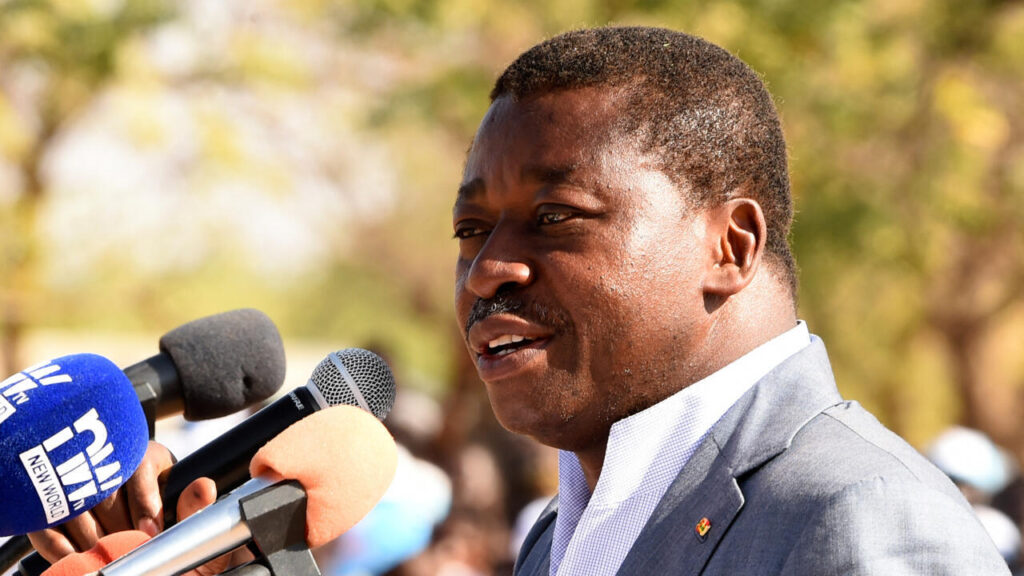Togo’s Leader Assumes New Role Amid Controversial Reforms
In a significant shift in the political landscape of Togo, President Faure Gnassingbé has been inaugurated as the “President of the Council of Ministers,” marking the introduction of a new top-level executive role within the government. This position comes following recent constitutional reforms that have abolished presidential elections and transitioned the country to a parliamentary system. The move has raised eyebrows among the opposition, who claim it is a tactic for Gnassingbé to reinforce his grip on power indefinitely.
Gnassingbé, who has been in power since succeeding his father Gnassingbé Eyadéma in 2005, now leads a regime that has been in control for an uninterrupted 58 years. Critics of the new constitutional changes describe them as an “institutional coup d’état,” arguing that they pit the will of the ruling party against the democratic rights of the citizens. The reforms gained approval from lawmakers last year, but faced immense public backlash, prompting the government to pause certain changes before ultimately reintroducing them.
Significance of the New Role
Although the role of president under the new constitution is ostensibly an honorary one, observers note that Gnassingbé’s authority may be more solidified than before with his new title. Following the parliamentary election in which the Union for the Republic party won an overwhelming 108 out of 113 National Assembly seats, the governing body has significantly consolidated power.
Upcoming Elections
The upcoming municipal elections scheduled for July will be the inaugural elections held under this new framework. Analysts are closely watching to see how these changes affect the political dynamics in Togo, as they may either affirm the ruling party’s dominance or generate renewed calls for democratic reform.
Table: Overview of Togo’s Political Landscape
| Political Feature | Details |
|---|---|
| Current Leader | Faure Gnassingbé |
| Years in Power | 58 years (since 2005) |
| Recent Constitutional Change | Abolished presidential elections, introduced parliamentary system |
| Parliamentary Majority | Union for the Republic: 108 out of 113 seats |
| Next Elections | Municipal elections in July |
As the political environment evolves, it remains unclear how the citizens of Togo will respond to these significant changes. The evolving dynamics under Faure Gnassingbé’s leadership promise to impact the country’s future trajectory, setting the stage for potentially more robust discussions about governance, democracy, and the rights of Togolese people.


